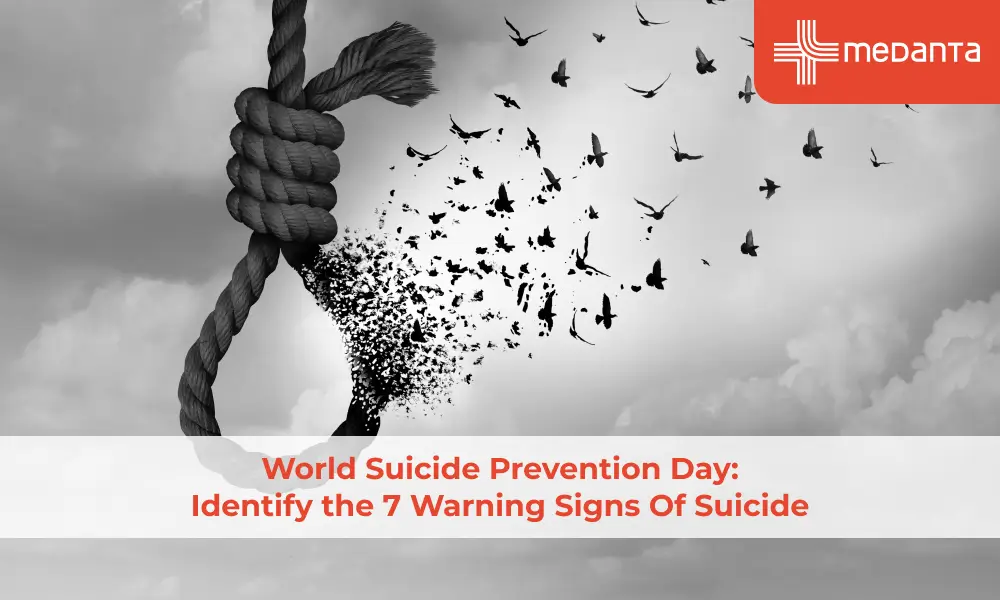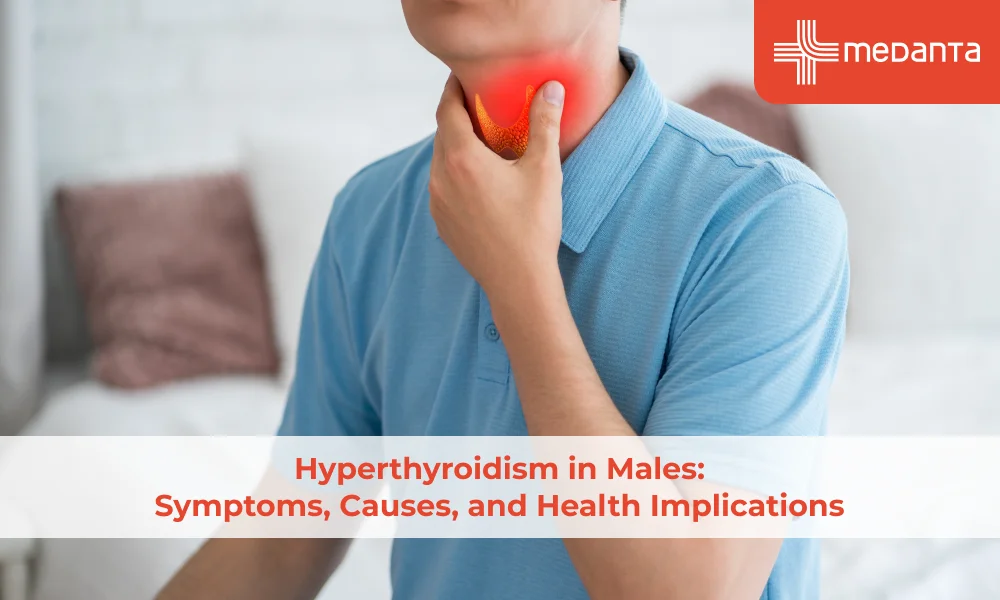World Suicide Prevention Day: Identify the 7 Warning Signs Of Suicide

Everyone has their highs and lows, and there are times when you find yourself in the midst of extremely stressful situations that you just want to run away from. While it is sometimes normal to feel anxious or depressed, remember that taking a drastic decision to end your life in order to escape a certain circumstance is not a solution.
The World Health Organisation estimates that on a global scale, one person commits suicide every 40 seconds and many more attempt to end their lives. And yet, suicide is preventable. If you yourself, or someone you know, are struggling with suicidal thoughts or depression, there are ways that you can reach out for help.
Seven Crucial Warning Signs of Suicide
Every person feels isolated and alone while going through an emotional or physically painful phase in life. While this pain itself is not always obvious, it is important that you recognise the warning signs:
- Withdrawing from society or close family and not taking care of self after a recent trauma or crisis.
- Giving up on the will to fight, or resigning oneself to circumstances, with frequent talk or feeling of hopelessness, guilt or inability to see any solution in sight.
- Experiencing mood swings and depression, or feeling as if you are a burden on your immediate family or social circle.
- Threatening to kill oneself, attempting to self-harm or drive rashly to tempt death, or saying that he/she will not be missed when gone.
- Increased use of alcohol or substance abuse, secretly stocking up on sleeping pills or harmful drugs or pesticides or buying hazardous weapons.
- Talking about ending one’s life, saying goodbyes or giving away valued personal possessions, or writing a will.
- Suddenly showing excessive signs of cheer and laughter after a long period of quiet contemplation, depression or anxiety.
What You Can Do

When you know that a loved one is feeling suicidal, timely intervention and help is important. Apart from keeping an open mind and being alert to any mood changes, here is what you can do:
- Reach out calmly, and encourage him/her to talk about the problem.
- Reassure the person about the temporariness of the situation or offer to explore other alternative options together. Let them know that you care.
- Do not leave the person alone at any time, and convince him/her to seek professional counselling or advice from a trusted source.
- Be patient and sensitive, but do not hesitate to ask if the person has stocked up on pills or dangerous weapons. Try and take these away or move the person to safety.
- Encourage the person to focus on taking one day at a time, and not be worried about the future.
Apart from the above steps, in India there exist several trained voluntary helplines and suicide prevention organisations across various states that can offer to listen and provide confidential and free counselling to those suffering from depression. Some of these include:
- Delhi, Sumaitri: 01123389090, or email feelingsuicidal@sumaitri.net. The helpline is open on weekdays between 2 pm and 10 pm, and weekends between 10 am to 10 pm.
- Srinagar, Kashmir Lifeline: Call 18001807020 between 10 am and 5 pm from Sunday to Thursday for face-to-face psychotherapy and counselling at centres like Baramulla, Anantnag and Shopian.
- Hyderabad, Roshni: This NGO is operational on all days from 9 pm, and offers help for exam-related stress to loneliness and suicide distress calls. Email roshnihelp@gmail.com, or call +914066202000/1 for help.
- Kerala, Maithri: Based in Kochi, Maithri’s objective is to befriend the lonely and help prevent suicides in Kerala. Call 04842540530 or email maithrihelp@gmail.com.
- Mumbai, iCall: Located at the Tata Insititute of Social Sciences, iCall offers support through social media, phone or email and also maintains directories of mental health services, NGOs, de-addiction services, lawyers and counsellors. Email icall@tiss.edu or call their helpline at 02225521111 from Monday to Saturday between 8 am and 10 pm.
Suicide is a major public health concern and the second leading cause of death among 15 to 30-year-olds, according to the WHO. It is important to know that there is nothing shameful about seeking help with your doctor or close family or friends if you are depressed or feeling suicidal.
Apart from talking to counsellors, raising awareness about mental health issues is also crucial. There exist treatments, for example, such as Pharmacotherapy (talk therapy along with medication prescribed by psychiatrists), and clinical Brain Stimulation therapy, for those who are at more risk of committing suicide or have attempted to take their lives in the past.






